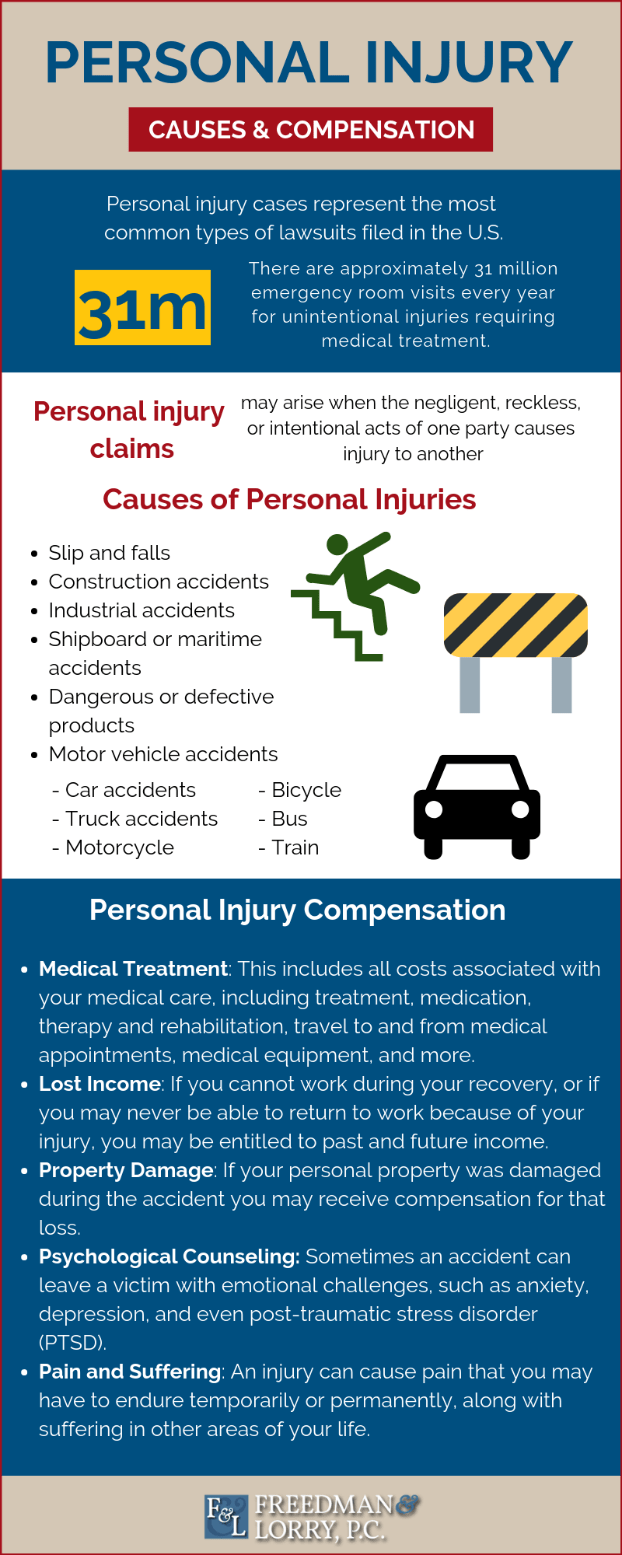Landlord-Tenant Regulation: A Real Estate Legal Representative'S Guide
Landlord-Tenant Regulation: A Real Estate Legal Representative'S Guide
Blog Article
Short Article Written By-Kilgore Richmond
When it pertains to landlord-tenant law, knowing your rights and duties is vital for both parties. You might assume you have a solid grasp on the fundamentals, however there are frequently subtleties that can capture you off guard. Whether you're a property owner taking care of a residential property or a lessee searching for a secure home, recognizing the legal landscape can make all the difference. What may stun you are the intricacies associated with navigating conflicts and expulsion processes.
Comprehending Renter Rights and Responsibilities
When you rent out a residential property, it's critical to comprehend your civil liberties and responsibilities as a tenant. You deserve to a secure and habitable living environment, meaning your property owner should keep vital solutions like heating, plumbing, and power.
You're additionally qualified to personal privacy; property owners usually require to provide notice before entering your system.
On the other side, you are accountable for paying lease in a timely manner, maintaining the property tidy, and not causing damage beyond typical damage.
Familiarize yourself with your lease arrangement, as it outlines details guidelines and commitments. Being aware of these facets not only secures you yet likewise promotes a favorable relationship with your property manager.
Stay notified, and you'll browse your occupancy more effectively.
Trick Property Manager Obligations and Lawful Factors To Consider
While you may recognize your legal rights as a lessee, it's equally essential to comprehend your landlord's responsibilities.
Landlords have to provide a safe and habitable living atmosphere, making certain that essential systems like heating, pipes, and electrical power are in functioning order. They're additionally in charge of making necessary repair services without delay and adhering to local building codes.
In addition, landlords have to respect your privacy by offering correct notification before entering your unit, usually 24 hr. They ought to handle down payment according to state laws, consisting of returning them without delay after you move out, minus any kind of legal reductions.
Understanding related website can aid you maintain a positive relationship with your property manager and guarantee your living scenario fulfills lawful criteria.
Navigating Conflicts and Eviction Processes
Disputes between proprietors and renters can develop all of a sudden, making it crucial for you to recognize the processes involved in resolving them.
Initially, communication is key-- try to discuss problems straight to find a concession. If that stops working, familiarize on your own with your regional regulations concerning conflicts and eviction. File https://squareblogs.net/thanh78rod/what-should-i-discuss-with-my-realty-lawyer : maintain documents of interactions, payments, and any violations.
If eviction comes to be essential, ensure you adhere to the lawful actions needed in your area, which commonly includes providing written notification and a specific duration for resolution.
Be prepared to head to court if the circumstance escalates, maybe your only recourse. Recognizing these procedures will aid you navigate conflicts more effectively and protect your civil liberties as either a property owner or tenant.
Verdict
In recap, comprehending landlord-tenant law is important for both celebrations associated with a rental agreement. By understanding your rights and obligations, you can foster a better living environment and avoid disputes. If disputes arise, remember that a property lawyer can assist guide you with the complexities of eviction procedures and lawful responsibilities. Remaining informed and positive will ensure a smoother rental experience, whether you're a landlord or a lessee.
